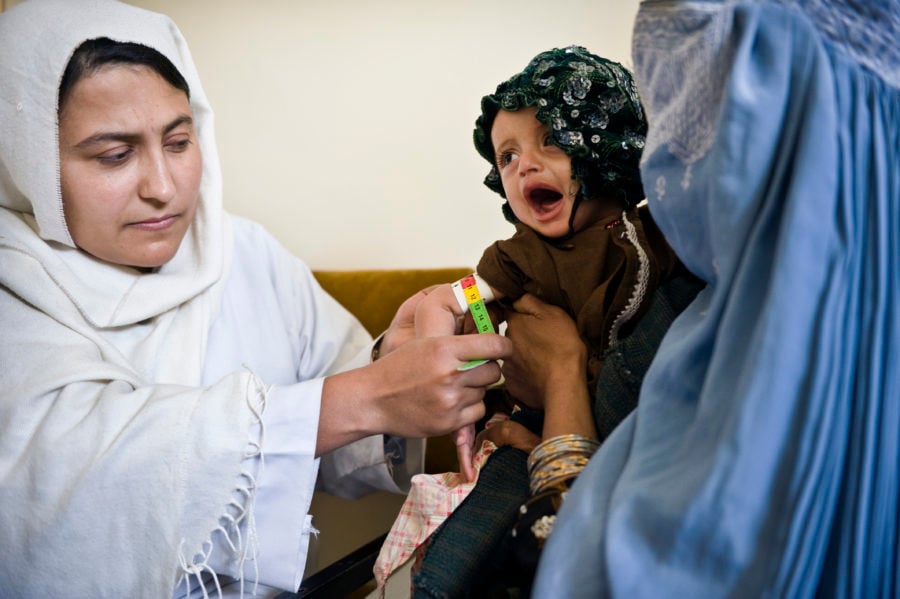For decades, Afghanistan has been a battlefield of national and international forces. Living conditions are especially challenging in rural areas, with women and children being the most vulnerable. Cordaid has been supporting people in Afghanistan since 2001.

A group of Afghan filmmakers set off to various corners of the country. They went to clinics where they spoke to doctors and patients and visited people who fled the ongoing violence.
In the coming weeks, we will publish a series of videos in which we show what our activities and efforts mean to the people of Afghanistan, who, despite all the setbacks, remain resilient and strong.
1. Supporting the healthcare system in Afghanistan
This first episode is about Cordaid’s commitment to supporting and strengthening the healthcare system in the province of Uruzgan. Lack of access to primary health care leads to high mortality rates, especially among mothers and children under five. Cordaid and its local partner AHDS have been implementing the national health packages in Uruzgan for over ten years.
2. Kandahar Institute of Health Sciences
The second video is about Cordaid’s support to the Kandahar Institute of Health Sciences (KIHS), which trains midwives and improves maternal healthcare in southern Afghanistan. Cordaid has been supporting the KIHS since 2007.
3. Providing humanitarian aid in Afghanistan
This third episode is about Cordaid’s humanitarian aid activities in Nangarhar.
4. Supporting resilient communities in Afghanistan
The next two episodes are about Cordaid’s resilience and community-managed disaster risk reduction activities in the Balkh province.
5. Developing the private sector in Afghanistan
This video shows Cordaid’s efforts to create conditions for the emergence of a dynamic private sector that is capable of diversifying exports, creating jobs and strengthening resilience.
6. Working on security and justice
This last episode shows how Cordaid contributes to the meaningful participation of women in peace and decision-making processes, and to justice for all. In doing so, we engage with local authorities, create a common security and justice agenda and aim to restore and build trust in and between communities.





